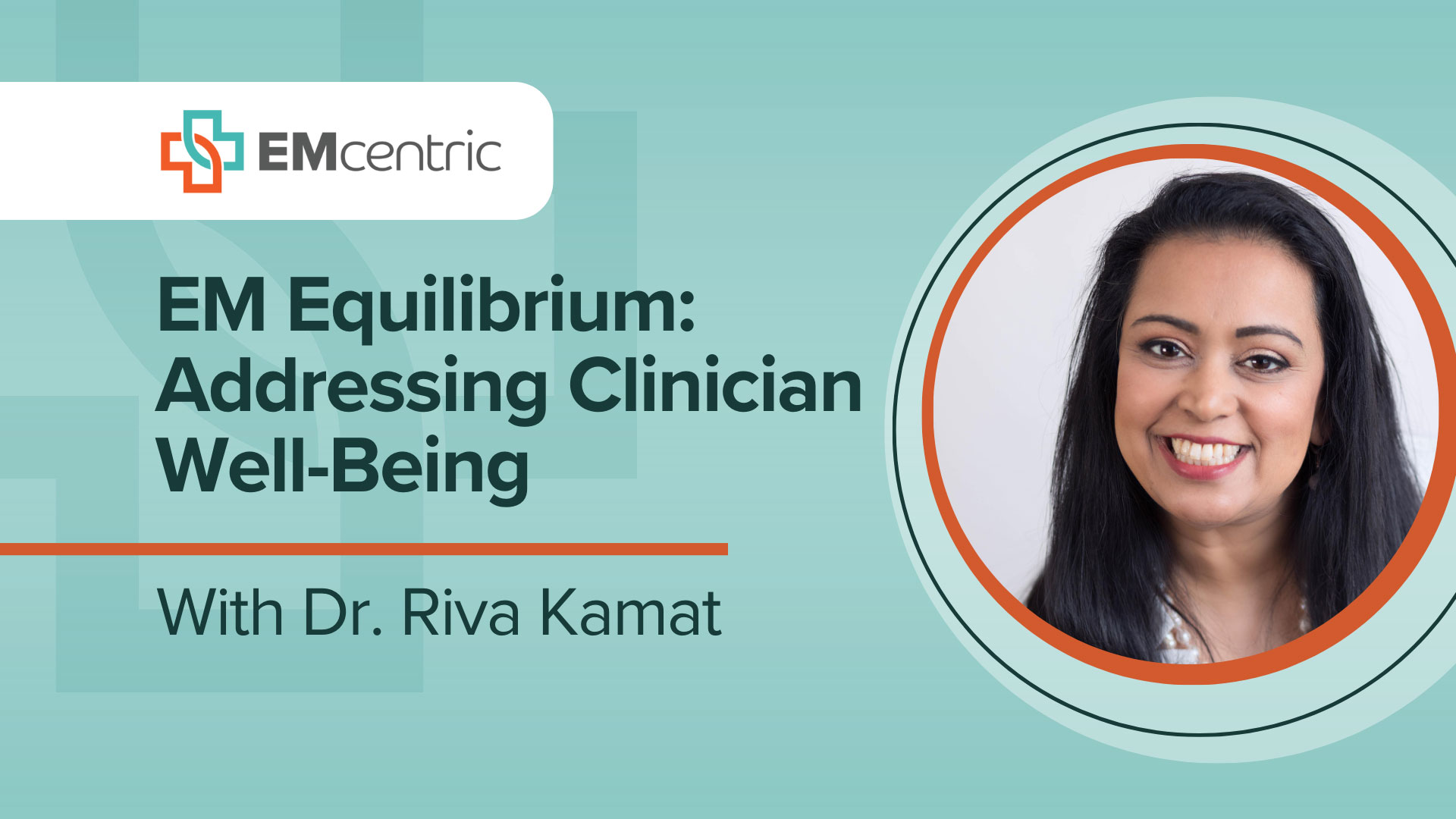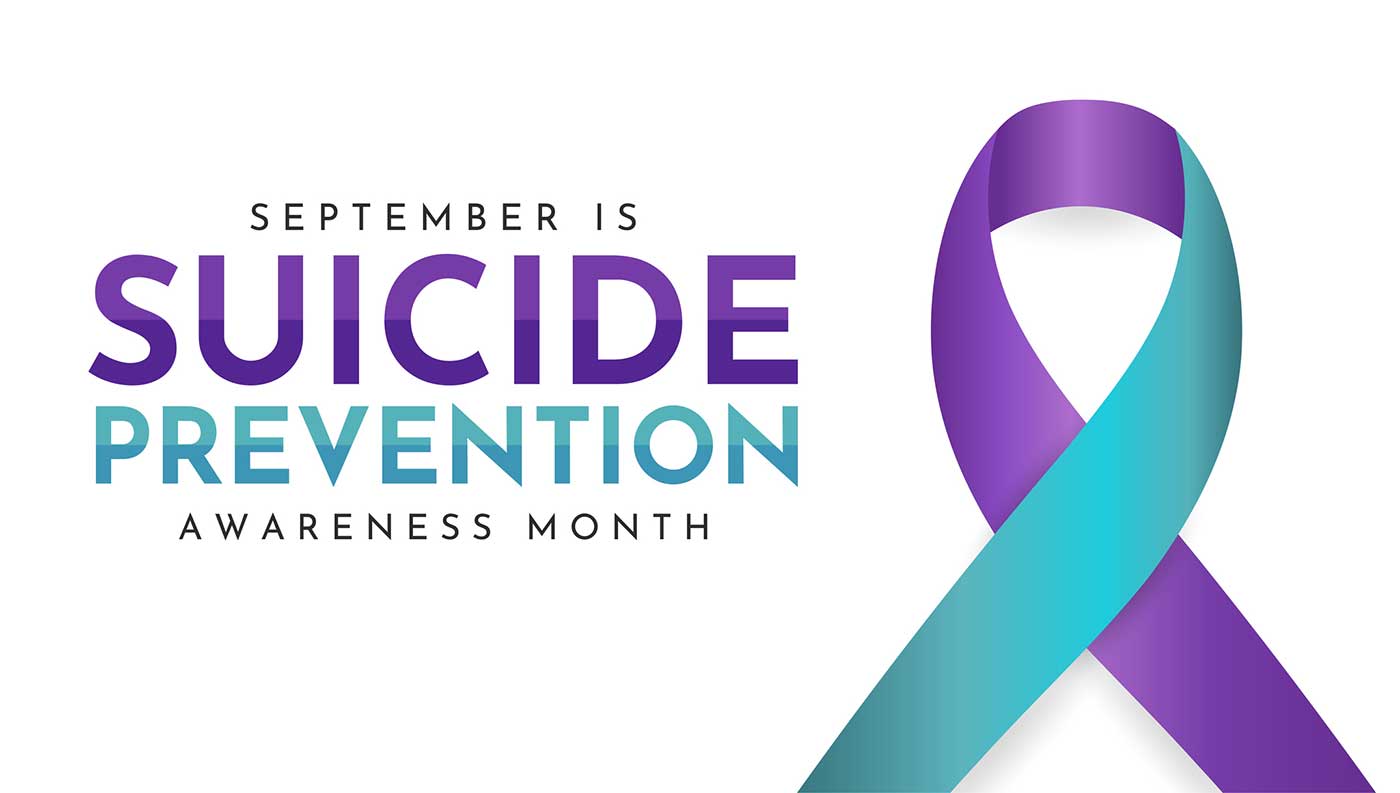Meet Our Physician Well-Being Expert: Dr. Riva Kamat
Welcome to EM Equilibrium: Addressing Clinician Well-Being!
 I am thrilled you are here. My name is Dr. Riva Kamat, and I am a practicing clinician, well-being expert, writer, speaker, and coach. With over 20 years of practical experience in this demanding field, I have a profound understanding of a clinician’s daily challenges and pressures. This understanding has transformed into a passion for supporting physicians as they navigate our often difficult profession.
I am thrilled you are here. My name is Dr. Riva Kamat, and I am a practicing clinician, well-being expert, writer, speaker, and coach. With over 20 years of practical experience in this demanding field, I have a profound understanding of a clinician’s daily challenges and pressures. This understanding has transformed into a passion for supporting physicians as they navigate our often difficult profession.
August is National Wellness Month and a perfect time to begin thinking about the importance of our well-being. In an intense emergency department environment, well-being is often overshadowed by the urgent demands of patient care. Emergency Department (ED) doctors frequently face an array of stressors that can profoundly affect their mental and emotional health. The relentless stream of cases requiring decisions under pressure contributes to an environment that can lead to significant emotional strain. This includes burnout, compassion fatigue, and moral injury. Burnout, characterized by emotional exhaustion, depersonalization, and a reduced sense of accomplishment, is a significant concern, with studies showing high burnout rates among ED doctors.
Addressing these challenges is crucial, not only for the clinicians themselves, but also for patients. Research indicates that clinician well-being is closely linked to the safety and effectiveness of the care they provide. The article “The Wicked Problem of Physician Well-being” (Anesthesiology Clinics) highlights this negative impact of physician burnout and moral injury on patient care. When ED doctors are supported and resilient, they are better able to offer the high-quality care that every patient deserves.
Mental health support is crucial to a clinician’s resilience and longevity including access to counseling services and peer support groups.These offer ER doctors safe spaces to discuss their experiences and seek help.Peer support programs, where clinicians can connect with colleagues who understand the specific pressures of emergency medicine, can be particularly valuable. These programs help reduce the isolation that can come with the job and encourage open conversations about mental health.Additionally, strategies such as mindfulness, cognitive-behavioral approaches, and self-care practices can help clinicians navigate their daily challenges while maintaining a sense of balance and purpose.
Promoting work-life balance is another essential aspect of supporting ED doctors. Encouraging regular breaks, flexible scheduling, and adequate time off helps mitigate the risk of burnout. Ultimately, cultivating a work environment that promotes open communication about mental health and values well-being contributes to a more positive and sustainable workplace, more effective clinicians and better patient care.
Through this blog, I will share valuable insights, practical tips, and inspirational stories to empower you in your well-being journey. Together, we will explore strategies and innovative approaches to enhance your well-being, build resilience, and achieve a more balanced and fulfilling professional life. I am here to support and guide you every step of the way.
Stay tuned for regular updates, and feel free to reach out with your questions or topics you’d like to see covered.
Welcome to our community!
Follow us on LinkedIn for our Weekly Wellness Tips each Wednesday!






Responses